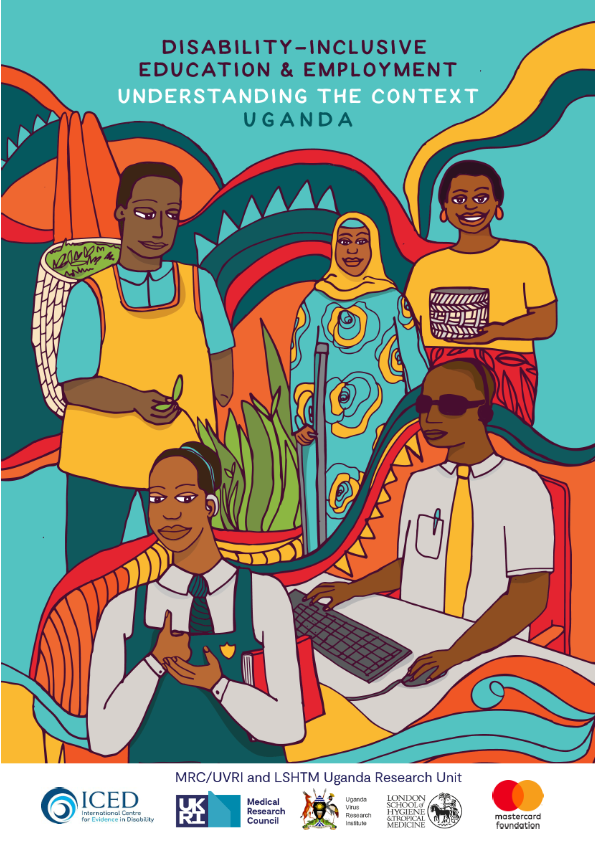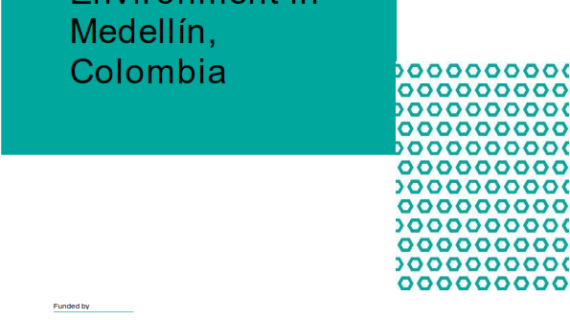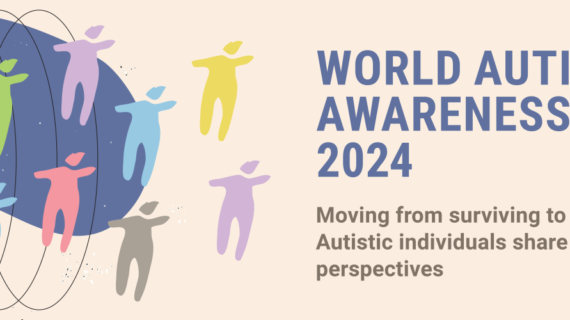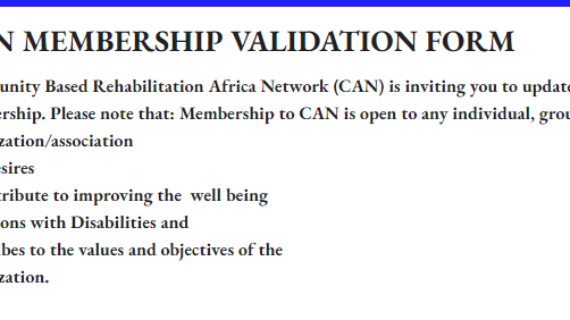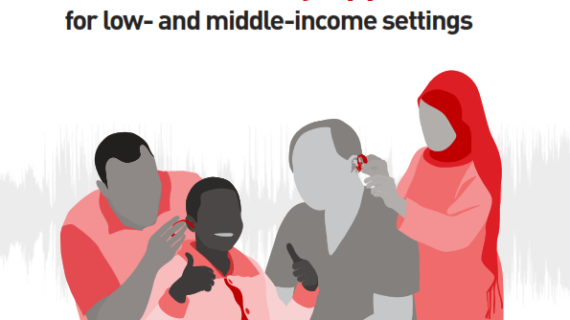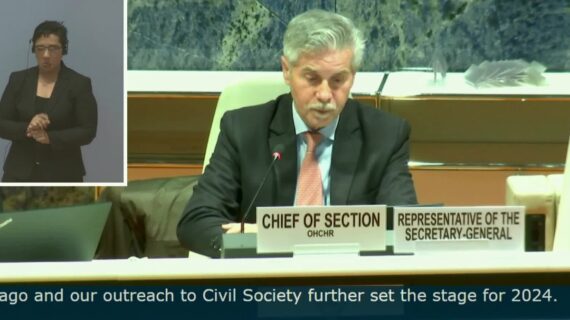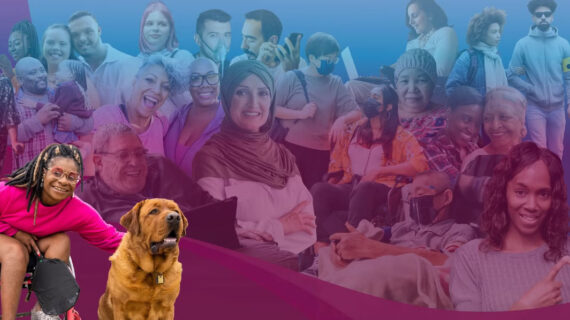Disability- inclusive education and employment understanding the context Uganda
This report was developed by the Medical Research Council/Uganda Viral Research Institute & London School of Hygiene & Tropical Medicine (MRC/UVRI & LSHTM) Uganda Research Unit, the International Centre for Evidence in Disability at the London School of Hygiene & Tropical Medicine, and Mastercard Foundation.
The report aims to inform Mastercard Foundation’s disability and inclusion programming and strategy development. It draws on a literature review, as well as key informant interviews with relevant stakeholders, investigating the inclusion of youth with disabilities in education and employment in Uganda. The information in this report will be built on in the next phase of this research project, through in-depth interviews with young men and women with disabilities.
Executive Summary
• Ugandan policies highlight a rights-based government disability agenda and a strengthening policy framework on disability inclusion in education and employment. However, people with disabilities continue to experience exclusion from education and employment.
• Gaps in implementing, enforcing, and monitoring policy and legislation contribute to this exclusion.
• Gaps and challenges in education include exclusion of people with disabilities from school at a young age, academic assessments that limit the progression of learners with disabilities, inaccessible learning environments, lack of support and training for teachers, and inadequate promotion of inclusive education models.
• Examples of innovative and promising practices in education include teacher development programmes to promote disability inclusion, scholarship quotas for university students with disabilities, and affirmative action to reduce barriers to university admission.
• Implementation gaps and challenges in employment include limited awareness of inclusive policies and responsibilities, resistance to providing reasonable accommodations, a lack of accountability and monitoring mechanisms, communication barriers, discrimination, and negative attitudes.
• Examples of innovative and promising practices in employment include capacitybuilding for graduates with disabilities to gain employment through personal business start-ups, agriculture-focused capacity-building for women with disabilities and parents of children with disabilities, and training young people with disabilities as disability inclusion facilitators to advocate in the community and workplace.
• Partnerships with Organisations of Persons with Disabilities (OPDs) and the meaningful inclusion of people with disabilities in the design and implementation of policies and programmes are vital to achieving disability inclusion.
• Communication and engagement with OPDs, and specifically youth with disabilities, particularly in the earlier stages of policy development when input can be incorporated, is urgently needed.
• Opportunities for further research to strengthen inclusive policy and practice in Uganda include generating disability-disaggregated data to inform inclusion in education and employment, exploring experiences and perspectives of youth with disabilities, education providers and employers, as well as evidence (e.g. from rigorous impact evaluations) to understand ‘what works’ to strengthen youth inclusion in education and employment.

